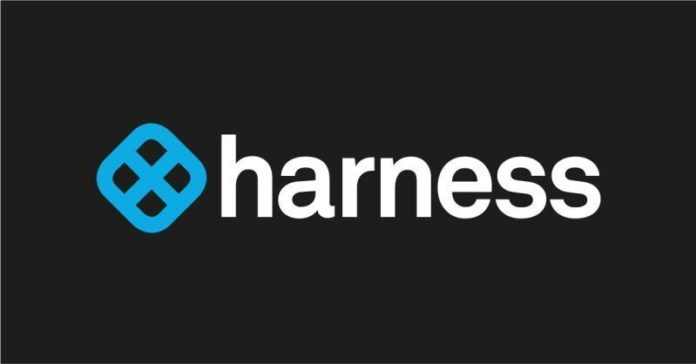DevOps teams seeking a Continuous Integration/Continuous Delivery (CI/CD) platform now have an open source and source-available option in the Harness CI/CD platform. The company today announced that it is opening the CD component of its DevOps platform, which is now free and accessible under a source-available license, complementing its CI platform, which is already available under an open source license.
100% of the Harness CI/CD source code is now available in public repositories at no cost. Users can now quickly and easily get started with Harness CI/CD to build an agile software delivery solution, without license or usage fees. Scaling to additional enterprise-grade features and SaaS plans is a straightforward upgrade path.
“We opened our source code and product roadmaps to the community to simplify adoption for teams that want a globally adopted and category-leading CD platform, one with AI-powered intelligence that automates deployments and rollbacks so they can get back their nights and weekends,” said Jyoti Bansal, founder and CEO of Harness.
With today’s announcement, Harness is opening its CD service in a Community Edition under the free and source-accessible Polyform Shield license. This user-centered choice of license empowers Harness users with free and open accessibility to the code, including the right to use, modify and distribute, but not use it to launch a competitive offering.
The Harness CD Community Edition joins Harness CI Community Edition (formerly known as Drone Open Source), the massively popular open source, cloud-native CI solution available under the Apache 2.0 license.
The move comes at a period of rapid growth at Harness. The company now has more than 500 employees and continues to add enterprise users of its CI/CD platform, as well as individual services in its product portfolio.
“At present, the market tends to regard software licensing in a binary fashion, as either open source or proprietary, attaching something of a stigma to source-available licenses,” said Steve O’Grady, principal analyst at Redmonk. “This is unfortunate and shortsighted, because source-available licenses are a legitimate alternative to both. The problem with these licenses is not that they are not open source, but rather that they are periodically represented as such by parties with little regard for industry-standard definitions. While materially distinct from open source and not granting the same breadth of permissions, source-available licenses can nevertheless offer tangible benefits to users and enterprises alike. Harness’ decision to be clear about the differing licenses applied to its CD and CI components, therefore, is welcome.”







































































